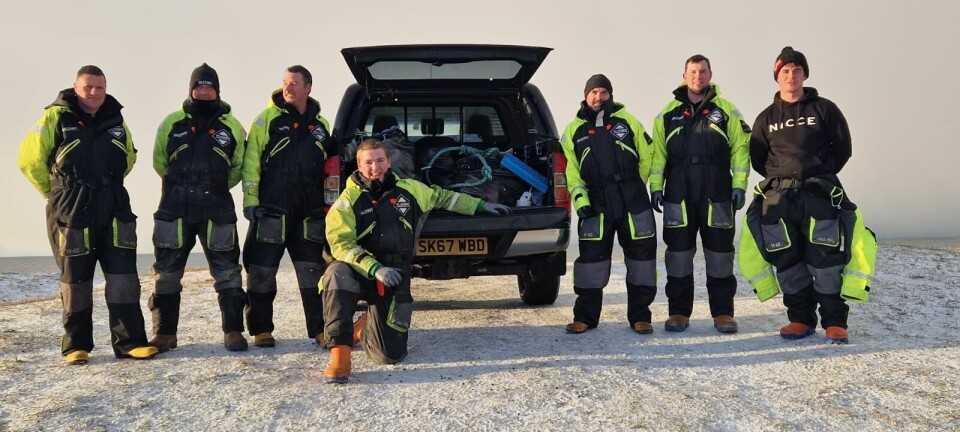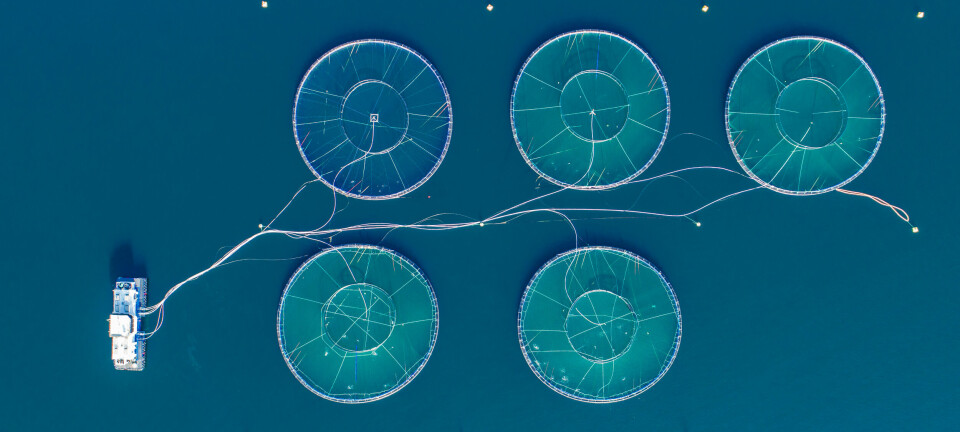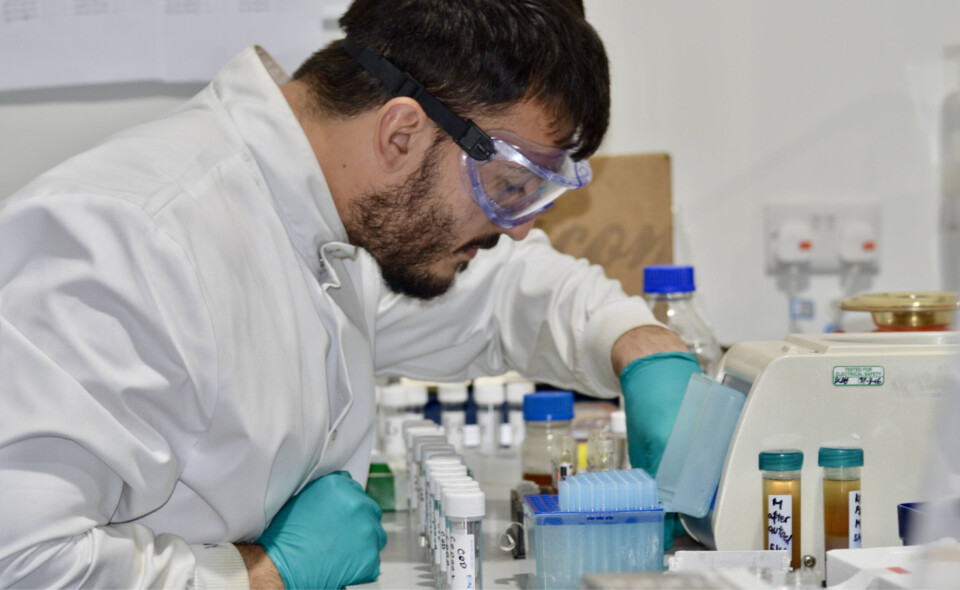
Scotland algae grower outlines plan to make it big
A Scottish company producing an alternative omega 3 source from algae fed on whisky distillery wastewater hopes to offer its product to the aquafeed industry in volume and at a competitive price within two years.
MiAlgae founder and managing director Douglas Martin told Fish Farming Expert details of the company’s plans after it announced last week that it had received £1 million in a new round of funding.
The money will enable MiAlgae to scale up from a small 1,000-litre pilot plant to a full-size 30,000-litre demonstrator plant at a site in East Lothian and hire five production staff.
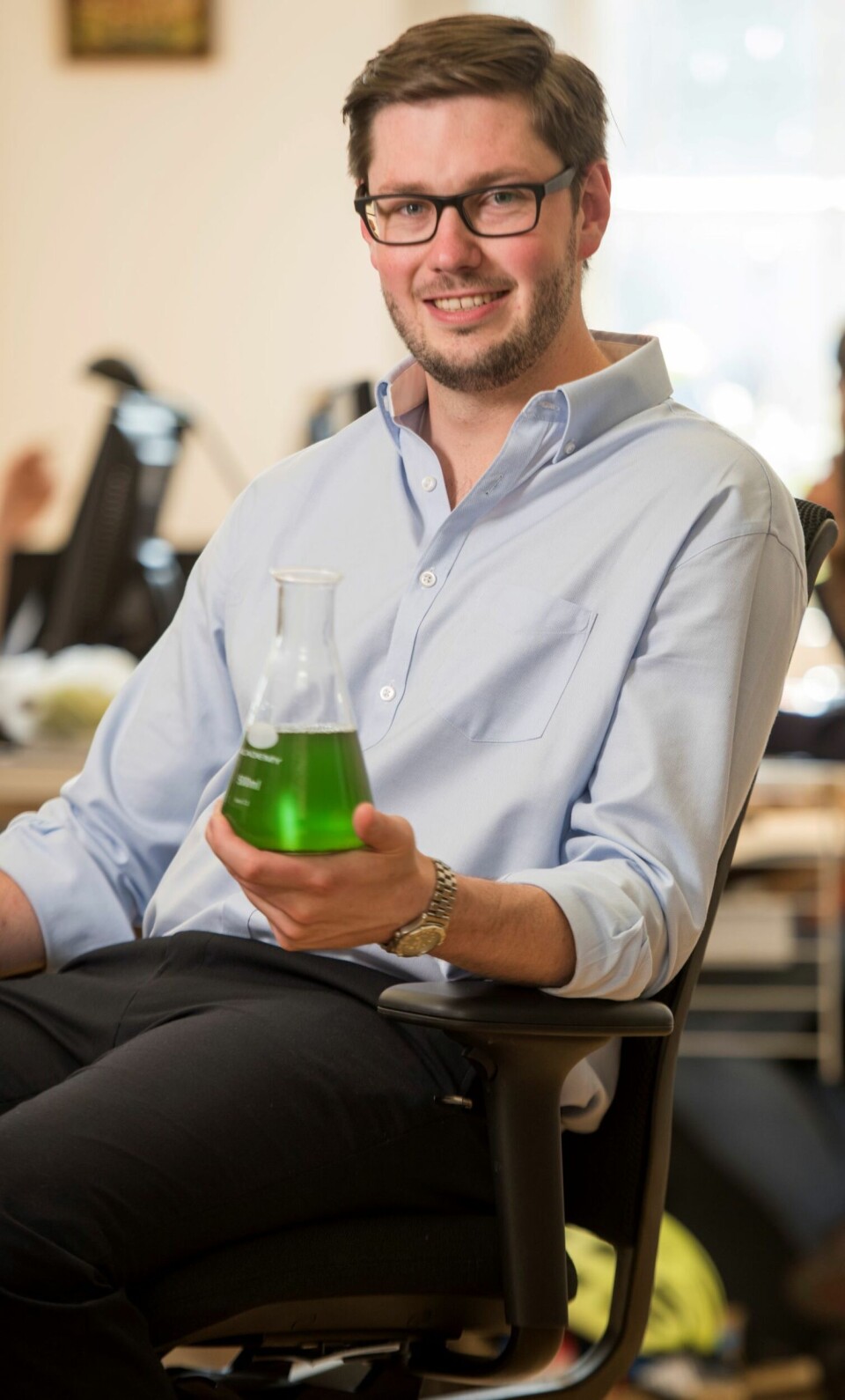
Important step
Martin stressed that getting the plant up and running was essential to prove to both distilleries and feed producers that MiAlgae is a credible partner.
“It is a really important step for us,” said the entrepreneur. “We know that a lot of people have come before us and have failed on the scale-up and economic side, so from our side this is a really important stage to prove our system.
“We don’t want to over-promise, we want to make it happen and then show people, rather than talk too much about it.”
Co-product
The start-up company’s algae feed on the nitrates and phosphates in wastewater – or co-product - from the whisky-making process, cleaning the water up and saving distillers the cost of treatment.
The system also uses some waste heat from distilleries, reducing MiAlgae’s production costs and allowing it to offer its omega 3 product to feed producers at a competitive cost.
“We are a circular economy company and for us that means partnership is critical, both upstream and downstream. We have to add value at both ends,” said Martin, who has a Masters degree in synthetic biology and biotech from Edinburgh University.
“We have got a lot of interest from both, and our scale-up opportunities are tremendous.”
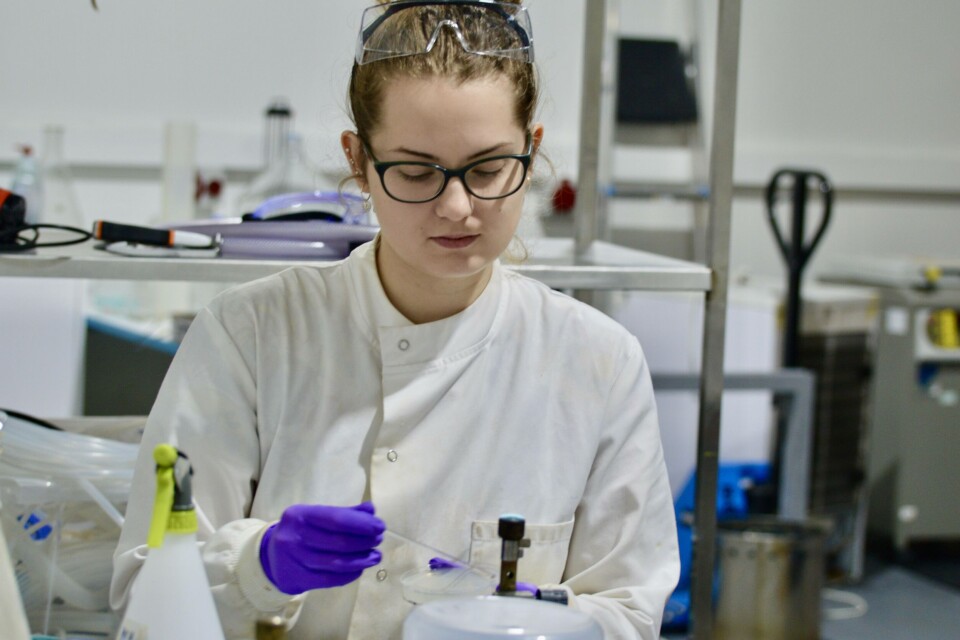
Martin knows the ability to scale up production quickly is important if MiAlgae is to gain a foothold in the aquafeed market, where suppliers must deliver volume and consistent quality to feed manufacturers, and he intends the East Lothian plant to be the first of many at different distilleries.
“We are looking at effectively going into aquafeed at scale in the coming two years,” said Martin. “Because of the system we’ve got we don’t need to build one single, huge unit to scale, we can roll out in modules, and that means we’re effectively able to scale as fast as the market will allow us.
“We’ve seen through other people’s experiences that if you are unable to scale at speed, you can’t really get into aquafeed.
Pet food
“That’s why we started looking at the pet food market as well (which has already trialled MiAlage’s product), as an early base to prove our product, prove our market, and get over some of the initial hurdles of taking R&D and commercialising it without having to be at huge scale to do that.”
MiAlgae’s product is not a primary protein source for feed - “It’s much more about the omega 3s. I suspect we would be in the low single-digit percentages in inclusion rates,” said Martin - but significant volumes will still be required.
“Effectively we’d be looking at ramping up into the tens to hundreds of tonnes a month in the coming couple of years.”
Demonstrator
MiAlgae has so far been talking in terms of hundreds of kilograms of production from its pilot plant, but intends to be counting its production in tonnes per month once its demonstrator plant is operational, which Martin expects will happen in the second or third quarter of this year.
“It’s all there, it’s now about finalising the last bits on it,” said Martin. “We’ve got a site, we’ve got the tank there, it is now about getting through the final logistics hurdles and then we’ll be up and running.”
The MiAlgae founder is not worried that production could be limited to the number of whisky distilleries that might be willing to partner with the company.
“There is a huge number of other sources we could use, but the distillery industry and the amount of co-product we can get out of that system is still substantial. We are talking about millions of litres a month from a single distillery, so we don’t see a huge limit on the supply side at this stage,” he explained.
“But outwith whisky we can start to look at other distilled products and other brewed products and continue the R&D into other streams as well.
130 distilleries
“We looked at the market first. Before we did any of the R&D we figured out that we were aiming for the aquaculture industry, and so we knew that we had to hit scale and that we had to hit the economics, and that was the bet for us: it was how do you do that rather than taking a bit of tech and trying the mould it into something it wasn’t initially designed to do.
“We know that it’s a lot about that scale point, and that’s why we did go with the distilleries to begin with. You’ve got about 130 distilleries in Scotland, and they’re all putting out multiple millions of litres a month of co-product.”
MiAlgae is not the only company aiming to sell an algae-based omega 3 product. Two of the best known are Corbion, which produces its AlgaPrime DHA in Brazil by growing algae on plant sugars, and Veramaris, which recently shipped the first product from its facility in Blair, Nebraska.
But Martin is unphased to be competing against bigger companies with much bigger budgets.
“Listening to the aquaculture industry, it’s still about price and we think that we can get to a lower price than they can, and that’s a really important thing,” he said.



















































